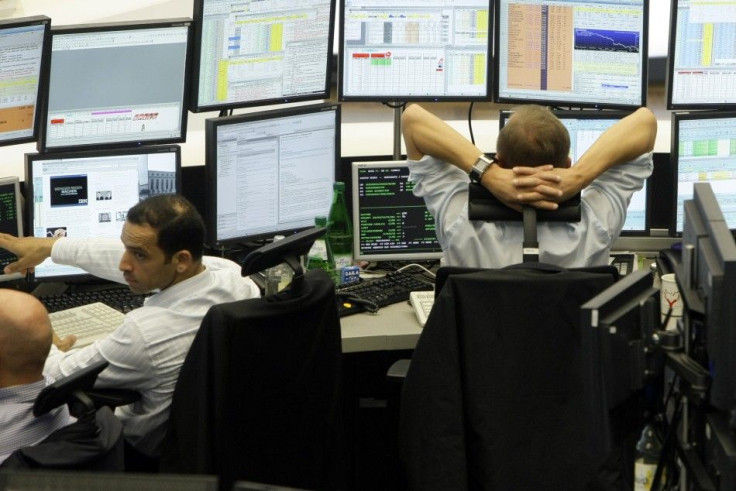Global Economy 2012: Eurozone, China and Oil Price Present Major Concerns

While global financial markets have calmed down in the waning days of 2011 and early 2012, debt issues in eurozone, China's real estate problem and oil price pressure are three big concerns which haunt the near-term outlook, according to a leading macro-economy guidance organization.
IHS, a major information provider on global economic matters states that, first, and seemingly perennial, is the uncertainty over exactly how the sovereign-debt problems of the eurozone will be resolved. Second, there are worries about whether the troubles in China’s real estate market will spill over into the rest of the economy -- and whether the government can prevent a recession. Third, there are jitters about the potential impact on oil prices due to intense Persian saber-rattling.
IHS Chief Economist Nariman Behravesh and IHS Global Insight Economist Sara Johnson have reported that while anxiety over the fiscal outlook for the U.S. has not diminished, this is less of a threat now than in 2013 and beyond. Notwithstanding these worries, the world economy is on track for a modest growth of 2.7 percent in the coming year, with no more than a 25 percent risk of a return to recession.
U.S. - Better 2012, But What about 2013 and Beyond?
IHS has reported that recent data on the U.S. economy point to a pickup in momentum. Optimism among households and businesses has improved. Nevertheless, given the headwinds of high private- and public-sector debt and slower growth in the rest of the world, the pace of expansion will probably be moderate in the first half of 2012. The big fiscal questions facing the U.S.-- extension of the Bush tax cuts, spending sequestrations, long-term fiscal sustainability and entitlement reforms -- will have to be confronted very soon after the November 2012 presidential election.
Europe - Most Likely a Mild Recession
IHS states that there is little doubt now that the eurozone is in a recession, with real GDP expected to decline through the second quarter of this year. For several countries (Italy, Spain, Greece and Portugal), the downturn will extend through the summer or beyond. Even Germany will be hard pressed to avoid the pain. The current IHS outlook for eurozone real GDP calls for a drop of 0.7 percent in 2012. Fiscal austerity, very tight credit conditions and fragile confidence have afflicted the majority of European economies, even some of the least troubled.
China - Can the Government Reverse Course Fast Enough to Prevent a Hard Landing?
According to IHS, China has taken a double hit -- exports and domestic demand are decelerating simultaneously. The slowdown in export growth is due mostly to the recession in the eurozone. The weakening in domestic demand relates to property markets, where prices have fallen in response to credit tightening and market restrictions put in place by the government since the spring of 2010. So far, the government has reacted cautiously, only cutting the required reserve ratio. However, it may have to act more aggressively if large numbers of property developers run into trouble and nonperforming loans become a much bigger problem for China’s banks. China has a long track record of engineering soft landings, so the most likely scenario is weaker growth (7.9 percent in 2012) but nothing worse.
Bottom Line: IHS concludes that economic fundamentals point to only a mild global slowdown this year. Nevertheless, there is a risk that a dangerous mixture of financial market anxiety, political paralysis and policy mistakes could darken the outlook.
© Copyright IBTimes 2024. All rights reserved.











